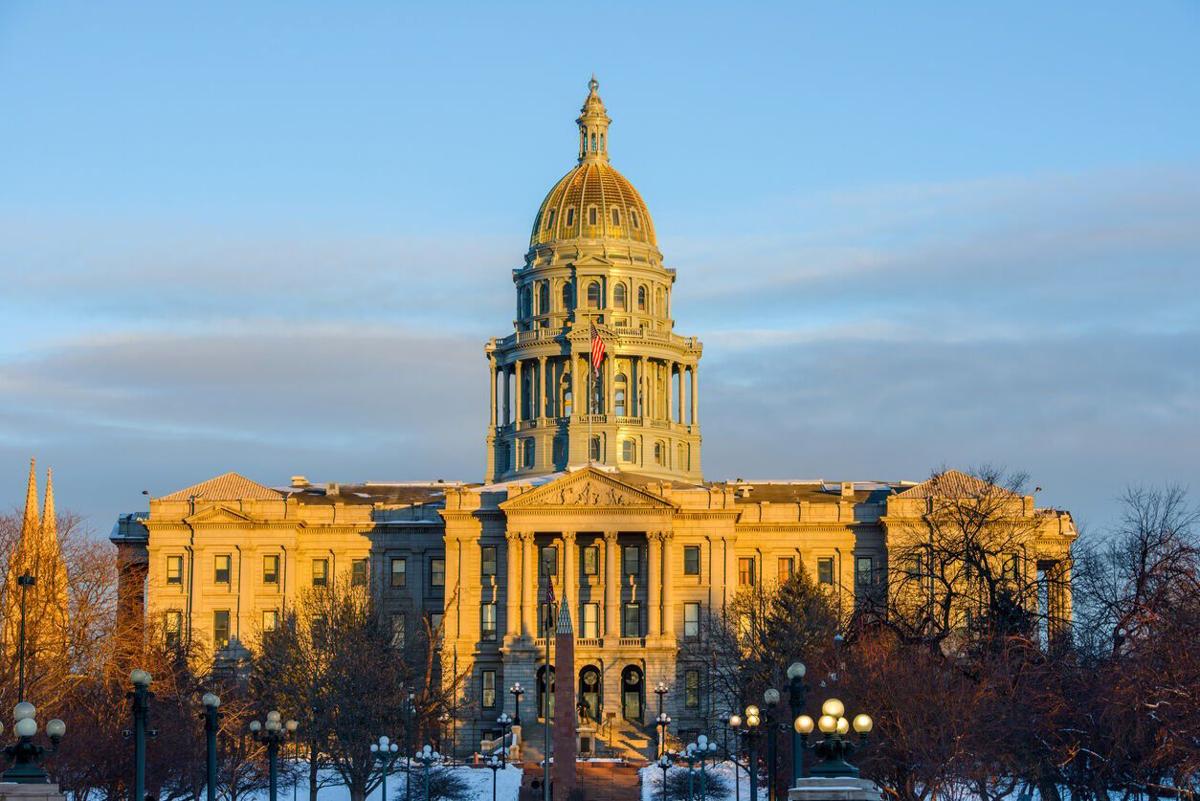Report: Colorado health regulations cost $858 million each year

SeanXu (iStock)
Colorado’s policymakers enacted hundreds of new health care laws over the past six years that cost the state nearly a billion dollars each year, according to a new report.
The report also said Colorado spent a little more than $11,000 on Medicaid per enrollee in 2024 — nearly $400 more than the national average.
The report, from the think tank Common Sense Institute, said the state has enacted 182 new health care laws over the past six years, costing $858 million annually, about a third of which is covered by the federal government.
Among those laws are House Bill 19-1004, which laid the groundwork for Colorado Option, the insurance marketplace that offers plans complying with the Affordable Care Act, also known as Obamacare; Senate Bill 20-215, which established the Health Insurance Affordability Enterprise; and HB22-1289, which expanded Medicaid coverage to low-income children and pregnant women regardless of immigration status.
The state had established the Health Insurance Affordability Enterprise, the goal of which, sponsors said, was to provide more affordable rates to individuals who don’t qualify for the Affordable Care Act by collecting fees from insurance companies and hospitals.
The new laws have also raised about $270 million for the state each year in direct fees and from Taxpayer’s Bill of Rights refund reductions.
The study also examined the financial impacts of Colorado’s Medicaid expansion and found that the average per capita Medicaid spending is 68% higher in expansion states.
The study attributed the increase to a number of factors, including more comprehensive benefits, higher provider rate payments and greater utilization of health care services.
The study also found that states like Colorado are especially susceptible to revenue shortfalls and federal cuts to Medicaid, such as those established under the recently passed federal budget.
The Kaiser Family Foundation estimated that Colorado would lose $1 billion in federal Medicaid funding as a result of the new congressional budget.
In an earlier statement, Gov. Jared Polis said the “sad reality” is that the state government cannot make up for the funding loss he and others expect arising out of the budget bill that Trump signed.
“The Governor has previously indicated we may need to reconvene the General Assembly to deal with the terrible impacts from the bill, and we are still reviewing the impacts of this new law to evaluate next steps, including a potential special session,” a gubernatorial spokesperson said.
Ross Kaminsky, who helped author the Common Sense Institute study, said Colorado’s Medicaid program would have been in trouble even without cuts in the federal budget.
“I think sometimes the politics get away from the consideration of the likely economic realities of the future,” he said. “Even if there weren’t a Trump administration, it’s very likely that this kind of expansion would have caught up with the state; in fact, it already did this year.”
Kaminsky is referring to the more than $1 billion budget deficit that state policymakers faced this session — partially addressed through using one-time funds that won’t be available next year.
“It’s a dangerous thing for government to start building programs while assuming that funding sources can never be reduced, and it’s especially dangerous when they do that while increasing the scope and cost of the program as the Colorado legislature has done for so many years,” he said.
Policymakers expect to convene a special session in August to deal with the state’s budgetary woes, though the main thrust of the work will likely be to deal with congressional action to deduct up to $12,500 in overtime pay and up to $25,000 in tips from federal income tax liabilities.
Colorado had passed its own bill this past legislative session requiring taxpayers to include overtime pay as taxable income for their state tax returns. Some speculated that the special session would add taxes to tips and move up the timeline to impose the tax on overtime and tips.
Insofar as Medicaid funding, Kaminsky said lawmakers have three options: reduce the number of Coloradans who are eligible for the program, decease the number of medical procedures, tests and treatments that are covered or cut providers’ reimbursement rates.
“I don’t envy the people who have to sort this out,” he said.
“It’s going to be difficult for them because they really believe in this stuff,” he said of the Democratic majority at the state Capitol. “It’s gonna put them in a difficult spot not only because they have to do things that they don’t feel good about, but also because they’re gonna have to do things that go against the wishes of their key constituents.”













